Interview - The Accountant : Let's talk with Mark Isham
By Mulder, Los Angeles, 11 october 2016
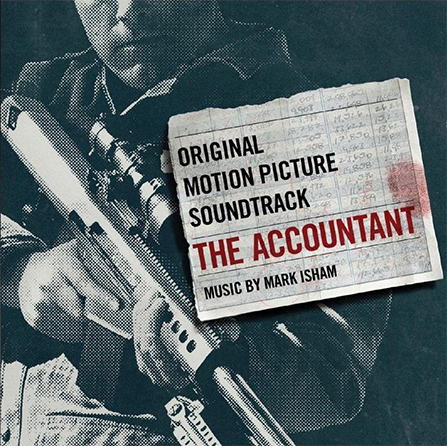
Q: Can you talk a little about your schooling background and how you have become a film score composer ?
Mark Isham : I actually never formally studied composition or film music in school. I grew up in a musical household however and I knew from a very early age that I wished to make music my life. I gave myself assignments to learn about things I didn't know, transcribed music from records, looked at scores on my own. I did study for a few months from a renegade composition teacher when I was in my late teens - we analyzed Bartok and Herbie Hancock. I dropped out of college after 4 months and went to work as a professional trumpet player - playing in the symphonies as well as in jazz and rock bands. I knew I wanted a performing career so I worked on demos for record companies. After many years that finally paid off and I got a contract with Columbia Records. I made a few records and toured with my own bands for a number of years. One of the demos I had made, made it into the hands of a film director, Carroll Ballard. He loved it and had me audition to score his film, Never Cry Wolf. I won the audition and dove into the assignment not really knowing what I was doing. I had a lot of support from him and the music editors so I came through at the end with a good score. This score caught the attention of a young agent who wanted to represent me and that started it all off!
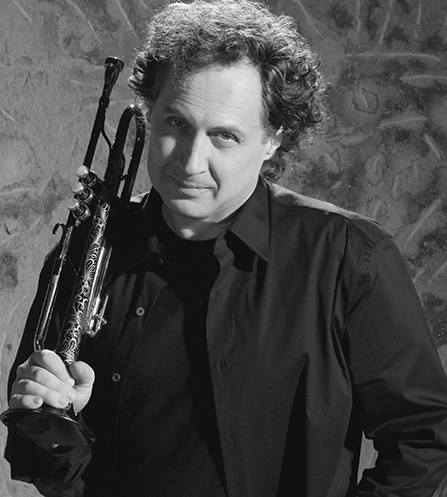
Q: The Accountant is your fourth film collaboration with the director Gavin O’Connor following Miracle (2004), Pride and Glory (2008) and Warrior (2011). Can you talk a little about this collaboration and about your score process creation on these movies ?
Mark Isham : Gavin and I work very well together. We both believe in a lot of communication and so our relationship is strong and very productive. We've been through making films in several different styles. Miracle was a fairly traditional score. Orchestral, theme driven. Pride And Glory was more "modern" - more motif driven and a hybrid sound but with classical guitar features. Warrior was similar to that but highly emotional with orchestral moments fused with rock elements. The thing about Gavin's films is that no matter how tough and masculine they are, they have very intense emotional climaxes so the score has to be able to embrace that within the chosen vocabulary. We do temp the films fairly extensively. Gavin wants a unique approach so temping can really help guide one into the best tone and sound. The Accountant made use of all of our experience together. It was the hardest "nut to crack" of the four films so to speak. The character of Chris is so unique that there were no obvious choices as to how to score him.
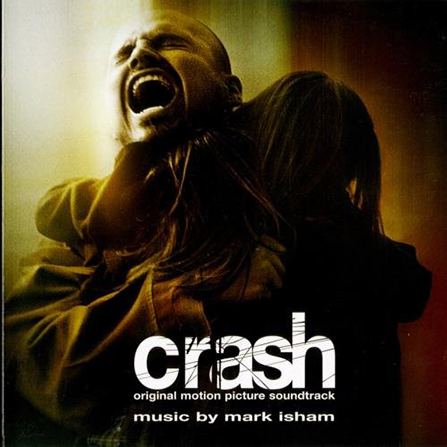
Q: The Accountant score is hybrid. You have worked on it with an orchestra of 78 musicians. What is your best memory of your work with them ?
Mark Isham : The cue The Trial Of Solomon Grundy was probably my favorite moment. Full orchestra, cello solo, choir and extensive percussion - so fun to hear that large an ensemble live! And to see your director grinning from ear to ear! Although the session with 3 grand pianos was pretty fun too!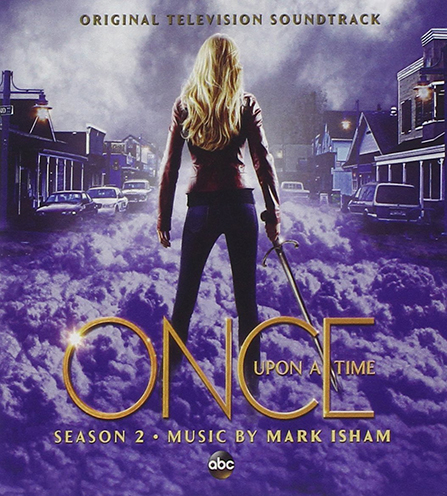
Q: You have said that this score is the most diverse score you have ever done, but it holds together through thematic unity—the score is based on mathematical equations and patterns. How did you create it and do you think that mathematical is the everywhere in our life and help us each day ?
Mark Isham : As I was writing the score, I realized that limiting genre and instrumentation was not helping me (I usually find it does). I also knew that Chris's universe was one where the abstract beauty of mathematics was almost a religion to him. So putting subtle repeating patterns into the composition became a way of uniting the sound and keeping us, the audience, connected in a small way to his world. I have ways loved the fact that mathematics plays such a big part of the structure of music. I rely on it a lot to help solve musical problems and push me to create 'outside the box'.

Q: How do you process in a general way to write a score ?
Mark Isham : Different score demand different processes for me. A traditional, melodic, thematic score, I will sit at the piano for any number of days writing themes and melodies and only later go to the computer to turn them into film music. Some scores start with sound design and programming. Others, like The Accountant, have elements of both. I jump back and forth looking for a way into the character of the film.
Q: Your filmography is so amazing nearly 100 movies. The Hitcher (1986), Point Break (1991), Blade (1998), The Majestic (2001), The Black Dahlia (2006), The mist (2007), The mechanic (2011) and so many of the movies that we say and like. You have scored films from every genre. How do you found a such inspiration.
Mark Isham : It is precisely the change that inspires me! If I did nothing but dark dramas, year in and year out, I would probably not last as long or be nearly as inspired as moving from one genre to another. I also learn more and out this wonderful language of music which is the ultimate inspiration!
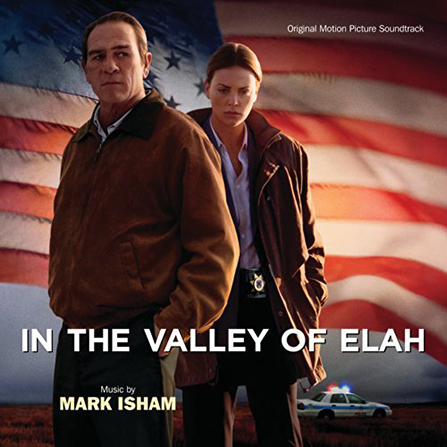
Q: To you, why music is so important in a film?
Mark Isham : Music can bring a very subjective communication to a film. Everybody feels the emotion of music in a slightly different, personal way. It can definitely bring an audience closer to the experience of the characters and their emotions. It is also a great storytelling tool as it can point out things that perhaps images and words can't. It can present an emotional counterpoint to a scene that enriches the storytelling as well.
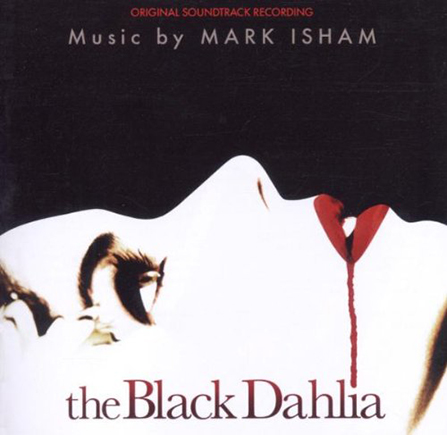
Q: You have worked with so great director as Barbet Schroeder, Kathryn Bigelow, Robert Redford, Robert Altman, Peter Hyams, Adam Rudolph, Bruce Beresford, Jodie Foster, Williamd Friedkin, Frank Darabont, . What is for you the best memory working with a director on a movie ?
Mark Isham : I remember having great conversations with Jodie Foster on her films! She is one of the smartest people I know! She's also a jazz lover and loves to bring that genre into her films. Alan Rudolph and I have done so many together. He always challenged me to explore new things in our scores. Robert Redford is such an elegant gentleman! He would always talk to me about the score as if I and it were an actor - our emotional arc and motivation - it was very insightful! Kathryn Bigelow really gave me the chance to find my own voice in action film scoring - definitely a turning point in my career!
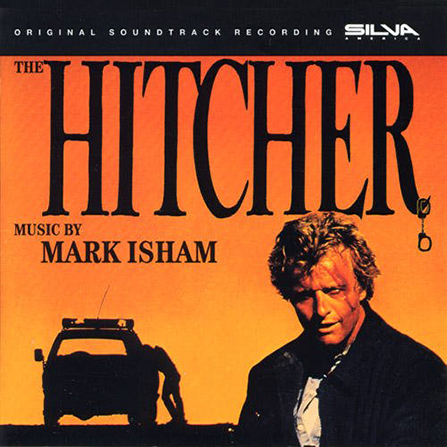
Q: In which studio do you prefer to record your scores and why ? Where have you recorded the score of Accountant ?
Mark Isham : I've recorded all over the world. In LA, I've been doing a lot of work at WB - which is where we recorded The Accountant. It's a great sounding room, great crew and very flexible. And the musicians here in LA are the best in the world! In London of course, there are Abbey Road and AIR which are hard to beat!
Q: Which composers are for you a source of inspirations ?
Today my biggest source of inspiration is John Adams. I'm also a fan of Gorecki and Arvo Part.
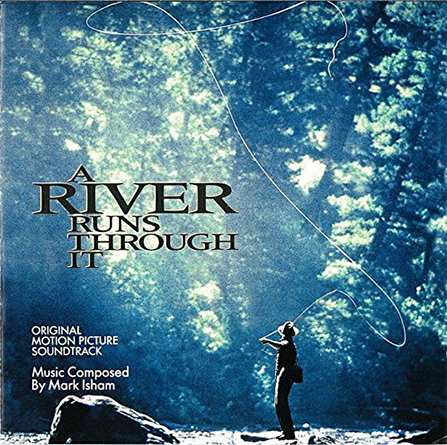
Q: what are for you the main differences to work for television (series and documentaries) and on movies ?
Mark Isham : In TV, you have a tight schedule. You have to make the right decision immediately. The time for experimentation is early on when one is defining the sound. You need to pick an idea that will have longevity, perhaps last 7-8 years? But also have room for development. A film has more time to find the sound and pay attention to more details. 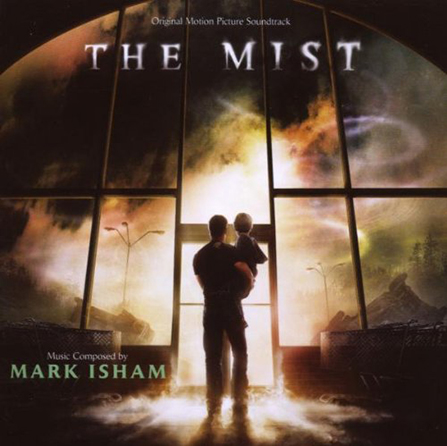
Q: what do you like about the process of film scoring?
Mark Isham : I love the fact that every score gives me an opportunity to learn something more about music - what it's capable of as a language - what emotional effects I can create with it! And getting "in the trenches" with people that I respect and admire. Experiencing a real sense of teamwork and camaraderie!
Q: Which American directors would you like to work with and why?
Mark Isham : Tate Taylor is someone whose films I admire and I think we'd be a good match. I'd also love to try my hand at a Marvel picture with Jon Favreau or Joss Whedon.
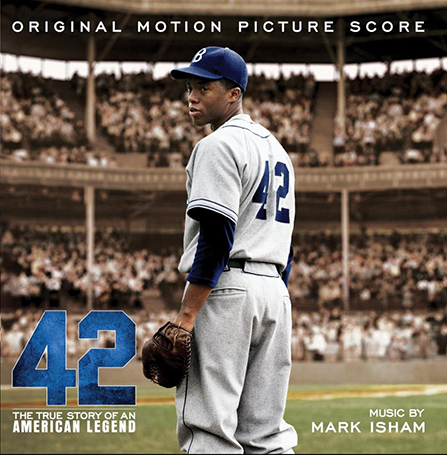
Q: What are your current project (s) ?
Mark Isham : I've just finished a film for Gabriela Cowperthwaite entitled LEAVEY. And previous to that a film written by Bill Dubuque, author of The Accountant, called The Headhunter's Calling. I'm currently working on an animated film, Duck, Duck, Goose!
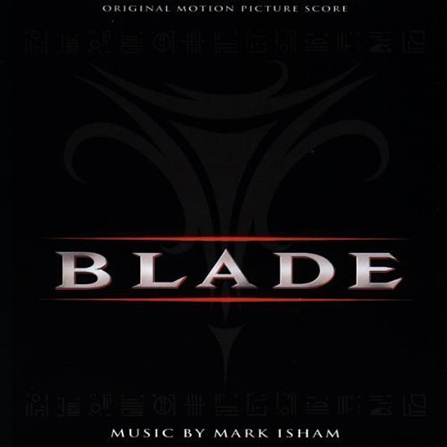
Q: What kind of advice could you give to someone who would like to work as a musical composer?
Mark Isham : Compose, compose, compose! Practice your craft! Then let people know about it! Promote! Write - promote ! Keep going! You will find your own voice and you will find an audience!
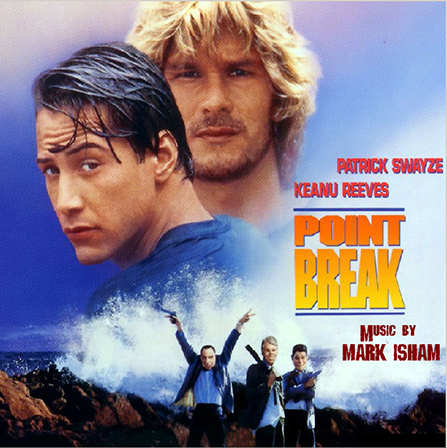
We sincerely thank Mark Isham for answering our questions
A special thanks to Andrew P. Alderete

